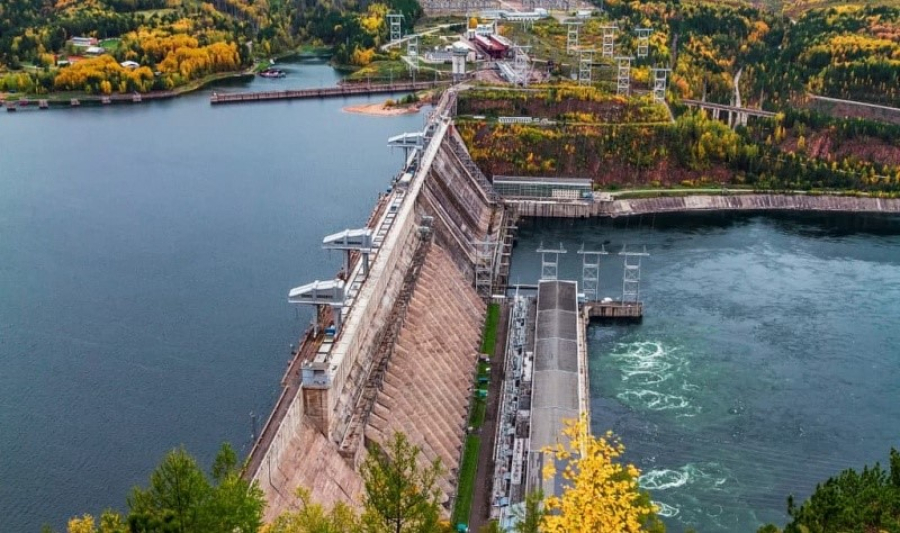
The XI Kazakhstan
Financial Congress, marking the 30th anniversary of the country’s national
currency, the tenge, was held in Almaty. The event gathered leaders from
central banks and financial institutions of both CIS and foreign countries.
Binur Zhalenov, Chairman of the National Payments Corporation of Kazakhstan,
launched the platform of digital tenge in a pilot mode, marking a historic
moment. Now, the digital Tenge is available for payment across all existing
infrastructures.
“For example, when
a school student swipes the card at the terminal, a developed smart contract is
triggered, automatically directing the payment to the local authorities’
budget. No need for accountants, intermediaries, or processing centers. This
trigger acts as a signal,” Ainur Kenzhayeva, Head of the Digital Tenge Project,
said.
In terms of
technology, the project employs a blockchain system, which makes the digital
national currency smarter. Now, individuals themselves have the capability to
program each digital Tenge for a specific task.
“Let's imagine you
are a parent sharing 10,000 tenge with your child, and you want to ensure they
don’t spend it on cigarettes or alcoholic beverages. Digital Tenge facilitates
that control. Similarly, consider a government agency aiming to target its
state aid and ensure transparency. Digital Tenge is of great help here as
well,” Zhalenov said.
Additionally, a new
series of national currency banknotes was presented at today’s Financial
Congress. Inspired by the elements of the ‘Saka style’, it reflects the
country's heritage, from the unique culture of nomads to modern-day Kazakhstan.
“The elements
themselves are demonstrative and indicative, so the National Bank of Kazakhstan
decided to showcase and make them available to all Kazakh residents,” said Sanzhar
Nurkassimov, Chief Designer of the National Bank of Kazakhstan’s Banknotes and
Coins Design Unit.
The Congress
brought together over 300 participants. Representatives of the financial
community discussed matters related to Kazakhstan’s monetary policy in the
current environment, macroeconomic stability, and fiscal discipline, as well as
topics such as cyber resilience of the financial sector and the role of
innovation in the global change of financial markets.









